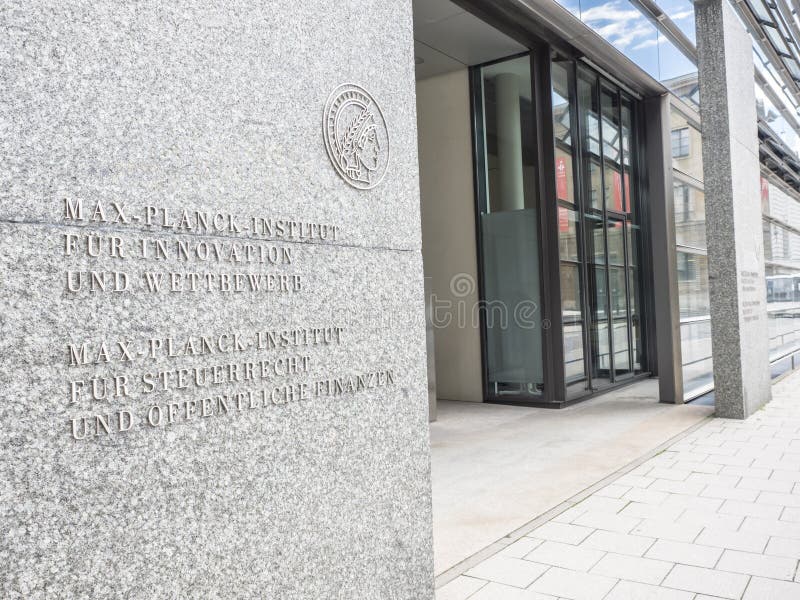Max Karl Ernst Ludwig Planck (born April 23, 1858, Kiel; died October 4, 1947, Göttingen) was a German theoretical physicist who introduced the quantum of action in 1900 to explain the spectrum of Black-body radiation, laying the foundation of Quantum mechanics. He received the Nobel Prize in Physics for 1918 (presented in 1919). Encyclopaedia Britannica;
Nobel Prize – Facts. (
britannica.com)
Early life and education
Planck studied physics at the University of Munich and the University of Berlin, where his teachers included Hermann von Helmholtz and Gustav Kirchhoff. He earned the doctorate at Munich in 1879, habilitated there in 1880, became associate professor at Kiel in 1885, and in 1889 succeeded Kirchhoff at Berlin (full professor from 1892). Nobel Prize – Biographical;
Encyclopaedia Britannica. (
nobelprize.org)
Thermodynamics and the black-body problem
Guided by thermodynamics and influenced by Ludwig Boltzmann, Planck sought a fundamental description of thermal radiation. Experiments at the Physikalisch-Technische Reichsanstalt by Otto Lummer, Ernst Pringsheim, Heinrich Rubens, and Ferdinand Kurlbaum showed that Wilhelm Wien’s law failed at low frequencies, prompting Planck to seek a new formula consistent with both high- and low-frequency data. On December 14, 1900, at the German Physical Society in Berlin, he presented his analysis “Zur Theorie des Gesetzes der Energieverteilung im Normalspektrum,” introducing discrete energy elements E = hν. Encyclopaedia Britannica;
Frankfurter Allgemeine Zeitung. For the original sources, see the 1900 proceedings (journal://Verhandlungen der Deutschen Physikalischen Gesellschaft|Zur Theorie des Gesetzes der Energieverteilung im Normalspektrum|1900) and the 1901 paper (journal://Annalen der Physik|Über das Gesetz der Energieverteilung im Normalspektrum|1901). A public-domain copy of the 1901 paper is available.
Zenodo. (
britannica.com)
The quantum hypothesis and Planck’s constant
Planck’s radiation law implied that resonators exchange energy in quanta proportional to frequency, characterized by a universal constant h, now called Planck’s constant. Although he initially treated quanta as a calculational device, the hypothesis proved indispensable and was developed in his monograph Theorie der Wärmestrahlung (1906) following his earlier text Thermodynamik (1897). Nobel Prize – Biographical;
Encyclopaedia Britannica. For historical analysis, see [Black-Body Theory and the Quantum Discontinuity, 1894–1912](book://Thomas S. Kuhn|Black-Body Theory and the Quantum Discontinuity, 1894–1912|Oxford University Press|1978) and the English translations in [The Old Quantum Theory](book://D. ter Haar (ed.)|The Old Quantum Theory|Pergamon Press|1967). (
nobelprize.org)
Reception and development
In 1905 Albert Einstein explained the photoelectric effect using light quanta, lending independent support to Planck’s hypothesis; subsequent work by many physicists in the 1910s–1920s transformed the quantum from a heuristic to the organizing principle of modern Quantum mechanics. Encyclopaedia Britannica;
Nobel Prize – Biographical. (
britannica.com)
Academic leadership and public life
Planck was elected to the Prussian Academy of Sciences (1894) and became its Permanent Secretary in 1912. He served as President of the Kaiser Wilhelm Society from 1930 to 1937, navigating the increasingly coercive environment of the Nazi state. Institutional records note the 1937 leadership change and the imposition of the Führerprinzip in the Society. Nobel Prize – Biographical;
Max Planck Society – Former Presidents;
Max Planck Society – KWS introduces the ‘Führerprinzip’. (
nobelprize.org)
War and personal losses
Planck endured severe family tragedies: his first wife, Marie Merck, died in 1909; two daughters died in 1917 and 1919; and his son Erwin—an anti-Nazi resister—was sentenced by the Volksgerichtshof and executed at Plötzensee Prison on January 23, 1945. His Berlin home was destroyed in 1944, and he died in Göttingen in 1947. Nobel Prize – Biographical;
Gedenkstätte Plötzensee – Erwin Planck. (
nobelprize.org)
Honors, works, and legacy
Planck received the 1918 Nobel Prize in Physics “in recognition of the services he rendered to the advancement of Physics by his discovery of energy quanta,” awarded in 1919. His principal books include Thermodynamik (1897) and Theorie der Wärmestrahlung (1906). In 1948, the Kaiser Wilhelm Society was refounded and renamed the Max Planck Society in his honor. Nobel Prize – Facts;
Nobel Prize – Biographical;
Encyclopaedia Britannica – Max Planck Society. (
nobelprize.org)
